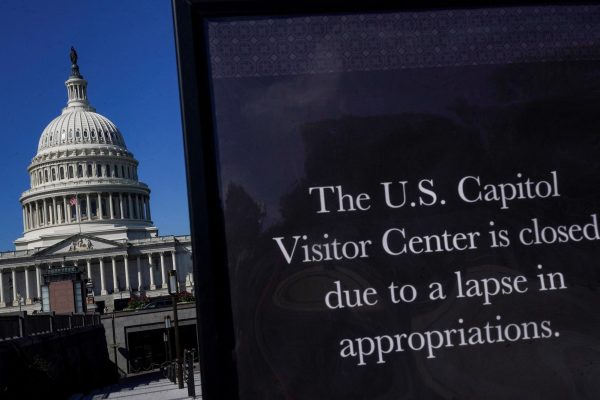A Deep Dive into Teenage Tracking

In the app store, there are many different apps available to download that allow parents to keep constant tabs on their teenagers. Some of these include Life360, Bark, Find My Friends, and Google Family.
In the past few years, location sharing and tracking apps have gained popularity amongst parents and teenagers worldwide. Although I am not one of these teenagers that use these types of apps with my parents, I know many that do.

“My parents used to use Life360 because I started hanging out with friends a lot more, and she wanted to make sure I was where I said I was going,” freshman Jakson Combs said.
Life360 is one of the most popular, possibly even the most popular, tracking applications that has about 31 million users. This app keeps constant tabs on the user’s whereabouts throughout the day, while offering both a free and paid version. Some of the more advanced features include crash detection and driving reports (which mainly focuses on speeding). While this is one of the few apps that allow you to turn off your location, it notifies other users in your ‘group,’ and I can only imagine how that conversation would go with some parents.
“My parents started using tracking apps on my phone around sixth grade and used the app Bark to control my apps and report any bad messages. They deleted it around last year and started using Life360 instead. A good thing about it is that they’ll be able to see where you are in case something bad happens. One negative is some parents are overprotective and might use a lot more apps than Life360,” freshman Isabella Lucero said.
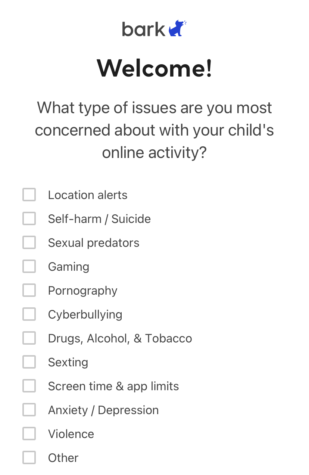
I learned quickly there were a lot more tracking devices and apps available than I ever thought. Each offers varying degrees of monitoring. Some of the simpler ones include the Find My Friends on the IOS devices, or similarly, Google Family for Android users. Some of the more extreme ones include the app Bark and the Parent App, which monitors all text messages, social media platforms, popular apps, time management, and web filtering tools.
Since there are many mixed emotions about tracking kids from both adults and teens, I often hear from my fellow peers about how miserable they are or see Tik Toks about how to rig the countless apps.
“When my parents can track my every move, I feel like I’m being watched most of the time. I think it’s so unfair especially since I am sixteen. I feel like they don’t trust me even though I don’t give them any reason to. I just hope they can understand in the future and trust me more,” sophomore Aleksey Maple.
However, there are also many people that see why these apps aren’t really that bad after all.
“I feel I understand why she does it, and it’s not like I’m going to do anything wrong. When there’s an accident, she can check and see that I’m at home, and safe so for someone who lost someone in an accident, it helps release a lot of anxiety,” Combs said.
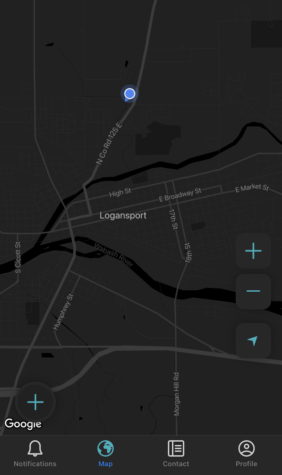
As I hear and see more, I seem to just stay pretty neutral in my opinion towards the apps. I see both the positives and negatives from a teenager’s perspective. However, I also know how dramatic we can be at times. This led me to talk to many parents about their side of the story.
“We use Life360,” parent Jennifer Cotner said, “When [our daughter] first got her license at 16, we set up to get notices when first installed. After a few months, we shut notices off. We only use it now if she’s traveling a distance or if she’s not home when expected. She tracks us, the parents, more than we track her. We have it as a just in case because it’s faster than getting those records from the phone company. At first, she was upset and thought it was because we didn’t trust her. We talked and told her it was more of ‘it can happen.’ It’s better to be safe than sorry. Over time, she realized we never check it.”
While I agree with this parent a lot and think that her reasoning is very understandable, there are some that I think can be a little extreme.
“We have the Parent App on my son’s phone. I can tell you he hates it. We see every sight he is on, every message he gets (including pictures), and knows everywhere he goes,” parent Joan Hardy said.
As a teenager, I want to feel trusted by the people around me, especially my parents. If I was getting tracked on quite literally everything on my phone, I would definitely feel a loss of trust and independence in my life.
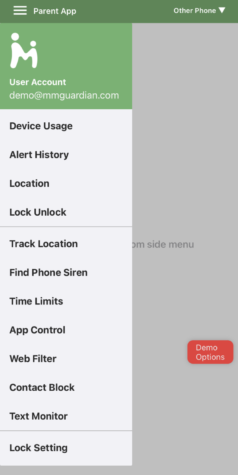
“You shouldn’t worry about your parents tracking you because if you’re doing what you’re supposed to then there shouldn’t be any issue,” Combs said.
I agree with this statement completely. To an extent I see the positives to why these tracking apps are gaining popularity, however, I do believe there should be a middle ground. While I understand it’s a parent’s instinct to protect their children, I believe most teenagers deserve a little freedom, if not given a reason to take it away of course. Freedom is something that should be given differently on a case-by-case basis. I think all teenagers inevitably make a couple of mistakes, but most of the time, it’s truly a learning experience for them. Without some freedom, teenagers won’t learn how to make any decisions on their own. With that being said, catastrophic mistakes are something that nobody wants.
As a teenager, I will admit that it is probably hard to determine how much freedom we should be given. We are right between little children and adults. Most teens feel they should be treated as an adult, but we haven’t reached the full responsibility level of adulthood yet.
I think a good way to test how much freedom a child can handle is by slowly allowing more and more freedom as they prove they are capable of handling it right. When they have proven they can handle it, give small boosts of freedom at a time. With that being said, implement the consequences of breaking the rules you have set. As far as the apps go, I think if you’re using the apps mainly as a safety precaution, then go for it. However, I think differently when it reaches the point of looking at every little thing your child is doing. Location is one thing, but looking at every text message sent or received is another, especially if not given a reason to do so.
Your donation will support the student journalists of Logansport High School. Your contribution will allow us to purchase equipment and cover our annual website hosting costs.
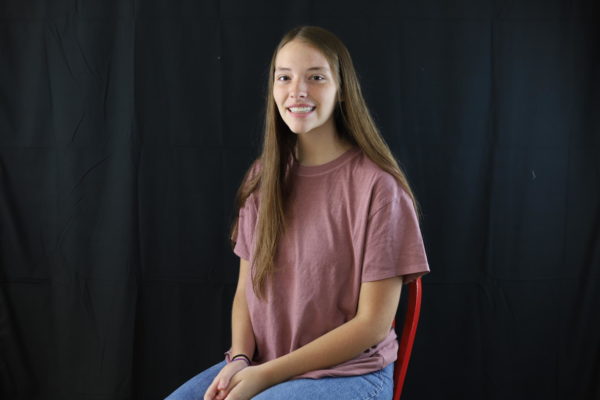
Kylee Langley is a senior and the Editor-in-Chief of Magpie. She has been on the staff for four years and has previously been the section editor for Arts...




